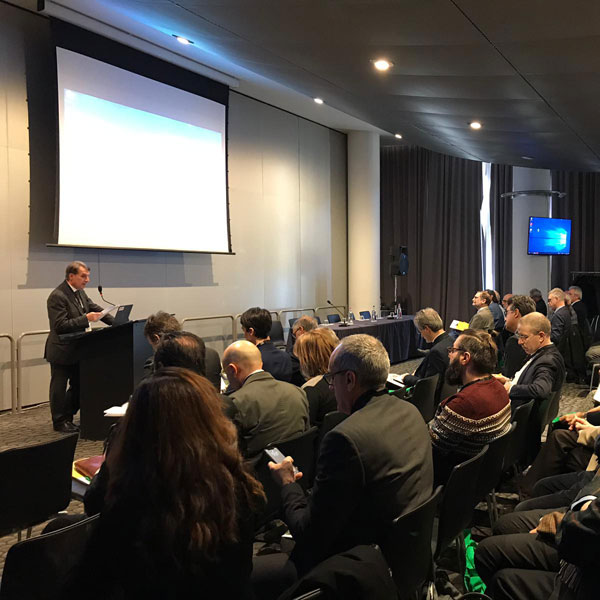
- The global demand for plastics will account alone for a third of the total consumption of petroleum until 2030: a durable use of resources to be combined with the circular economy
Milan, January 30, 2019 – Increasing global well-being means that, until 2030, petroleum will mainly be used for the production of petrochemical materials (plastics and derivatives) rather than as fuel for transport. In fact, the total increase in demand for oil from 2017 to 2030 is equal to about 9.6 million barrels per day, and is made up of 3.2 million by petrochemicals (data by International Energy Agency). On the one hand, this trend confirms the growth in the use of hydrocarbons to produce durable plastics in processes with limited emissions of carbon dioxide; on the other, it poses the challenge of decarbonisation, also in the field of plastics, given the environmental imbalances caused by the excess of carbon dioxide in the atmosphere.
An effective strategy in this direction goes from the development of new production systems based on the reuse and recycling of materials based on a circular model, as well as in the biopolymer sector. Italian chemical engineering can play a key role in leading the transition for this scenario. This issue was addressed at “Sustainable Society of the Future: the Role of Chemical Engineering” Conference organized in Rome by the Italian Chemical Engineering Association (AIDIC) in collaboration with Maire Tecnimont, ENI and Cargill. The conference addressed the most recent advanced trends in the Energy, Green Chemistry, Bio-Refineries and Mobility Sectors with prominent international experts.
Moreover, the discussion also touched upon the concept of sustainability via the application of new carbonless approaches to resources and the environment. The main debate, however, addressed the evolution towards a sustainable energy system towards a sustainable energy system and the challenges for its more efficient and informed use.
Maire Tecnimont’s participation in today’s conference is related to the Green Acceleration Project, recently presented by the Group, through the launch of NextChem, a company dedicated to new technologies that will accompany the current energetic transition in three main areas: technology to reduce the carbon footprint, the circular economy and new products and green materials to industrialise the production of bioplastics. The Maire Tecnimont Group has already invested ca. 50 million euro, over the course of the past five years, in over 70 innovative projects, including investments in start-ups and partnerships, for the creation of a technology portfolio that will provide the best solutions to the new needs created by the revolutions underway in the energy and chemical industries. NextChem is currently managing 19 technological initiatives related to green chemistry and energy transition to be ready to meet the challenge of the new market.